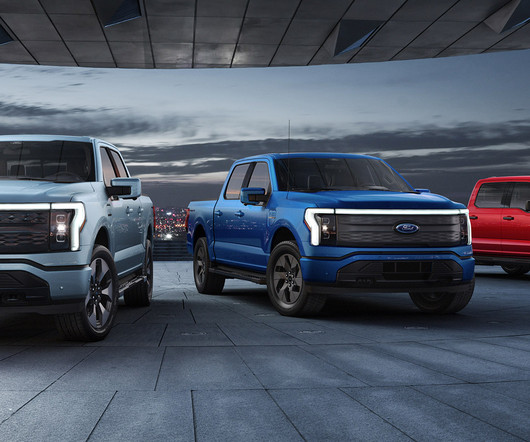Geely invests in Carbon Recycling Intl.; vehicles fueled by methanol from CO2, water and renewable energy
Green Car Congress
JULY 8, 2015
Geely Group and CRI intend to collaborate on the deployment of renewable methanol fuel production technology in China and explore the development and deployment of 100% methanol-fueled vehicles in China, Iceland and other countries. Methanol in China. It will also allow us to promote advanced methanol technology in Europe.



















Let's personalize your content